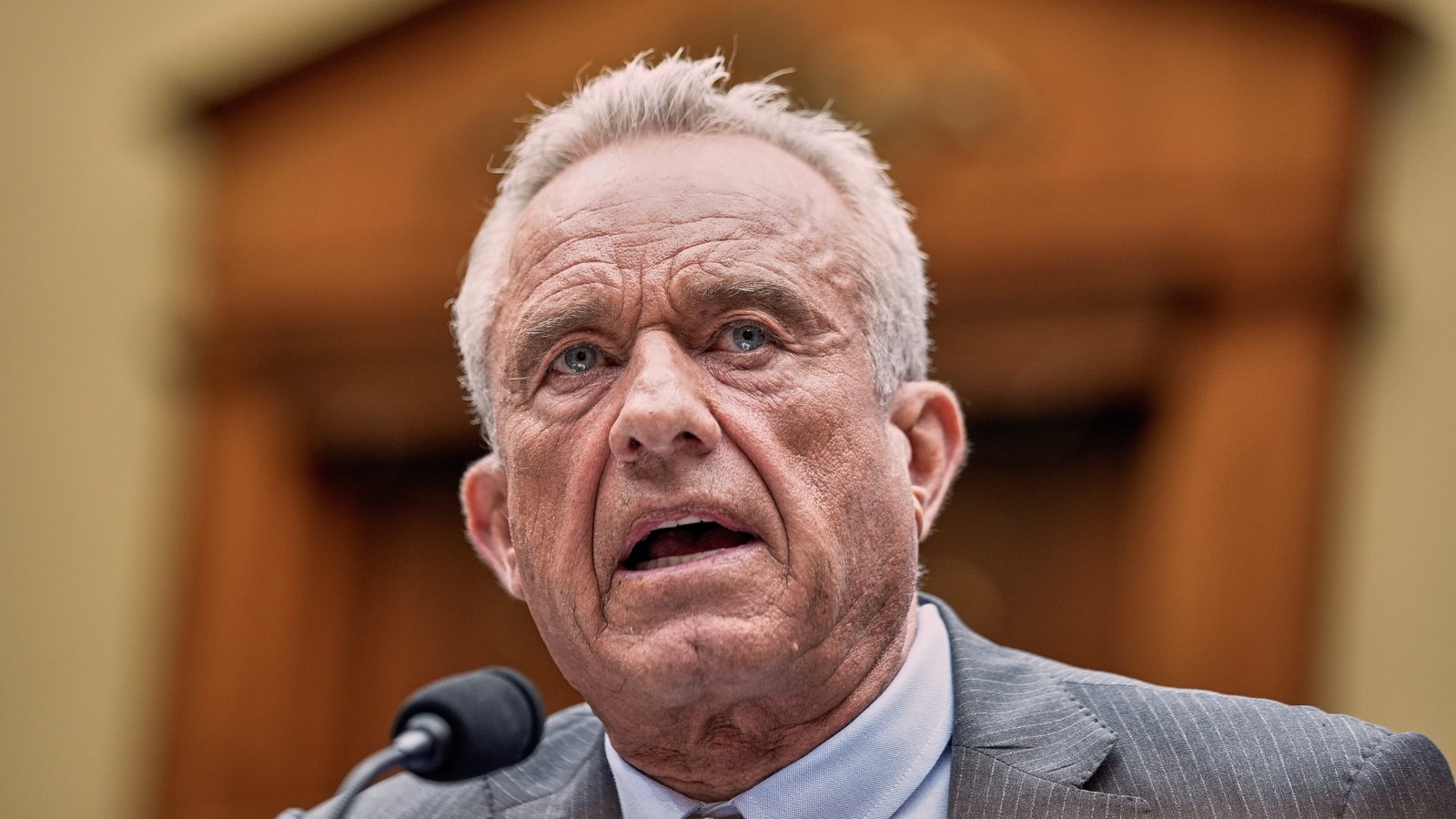RFK Jr. Set to Shake Up Cancer Screening Advice: New Task Force Planned

Robert F. Kennedy Jr., nominated as the next Health and Human Services Secretary, is reportedly planning a significant overhaul of the US Preventive Services Task Force (USPSTF). Sources indicate he intends to replace the entire panel, citing concerns that its recommendations are overly influenced by what he terms “woke” ideology.
The USPSTF is a highly influential body that provides evidence-based recommendations on preventive health services, including cancer screenings, vaccinations, and other crucial health measures. These recommendations guide healthcare providers and inform insurance coverage decisions, impacting millions of Americans.
Kennedy Jr.'s criticism centers on the task force's approach to evaluating and prioritizing preventive services. He believes the current members are too focused on social and political considerations rather than solely on scientific evidence. The specific concerns haven't been publicly detailed, but the implication is that he feels the panel's recommendations are straying from a purely data-driven approach.
What Does This Mean for Cancer Screenings?
The potential replacement of the USPSTF raises questions about the future of cancer screening guidelines. Currently, the task force recommends a range of screenings, including mammograms for breast cancer, colonoscopies for colorectal cancer, and PSA tests for prostate cancer. Any changes to these guidelines could significantly impact when and how often individuals are screened for cancer, potentially affecting early detection rates and treatment outcomes.
A New Task Force: What to Expect
While the details of Kennedy Jr.'s plan for a new task force remain unclear, it's likely he will prioritize individuals with a strong background in clinical medicine and a focus on evidence-based practices. There's speculation that he may seek to appoint members who share his views on the role of social and political factors in healthcare decision-making.
The Reaction and Controversy
Kennedy Jr.'s plans have already drawn criticism from public health experts and patient advocacy groups. Many argue that the USPSTF's recommendations are based on rigorous scientific evidence and that replacing the entire panel based on ideological concerns could undermine public health efforts. Concerns have also been raised about the potential for politicization of healthcare guidelines.
“The USPSTF is a vital resource for evidence-based preventive care,” said Dr. Emily Carter, a leading oncologist. “Replacing the entire panel based on political disagreements is a dangerous precedent that could harm patients.”
Looking Ahead
The confirmation of Robert F. Kennedy Jr. as Health and Human Services Secretary is a crucial step in this process. Once confirmed, he will have the authority to initiate the changes to the USPSTF. The coming months are likely to see significant debate and scrutiny as the composition and direction of the task force are reshaped. The implications for cancer screening and other preventive health services will be closely watched by healthcare providers, patients, and policymakers alike.
This situation highlights the intersection of politics and public health, and the importance of ensuring that healthcare decisions are guided by sound science and evidence-based practices. The future of cancer prevention in the US may well depend on the choices made in the coming weeks.






